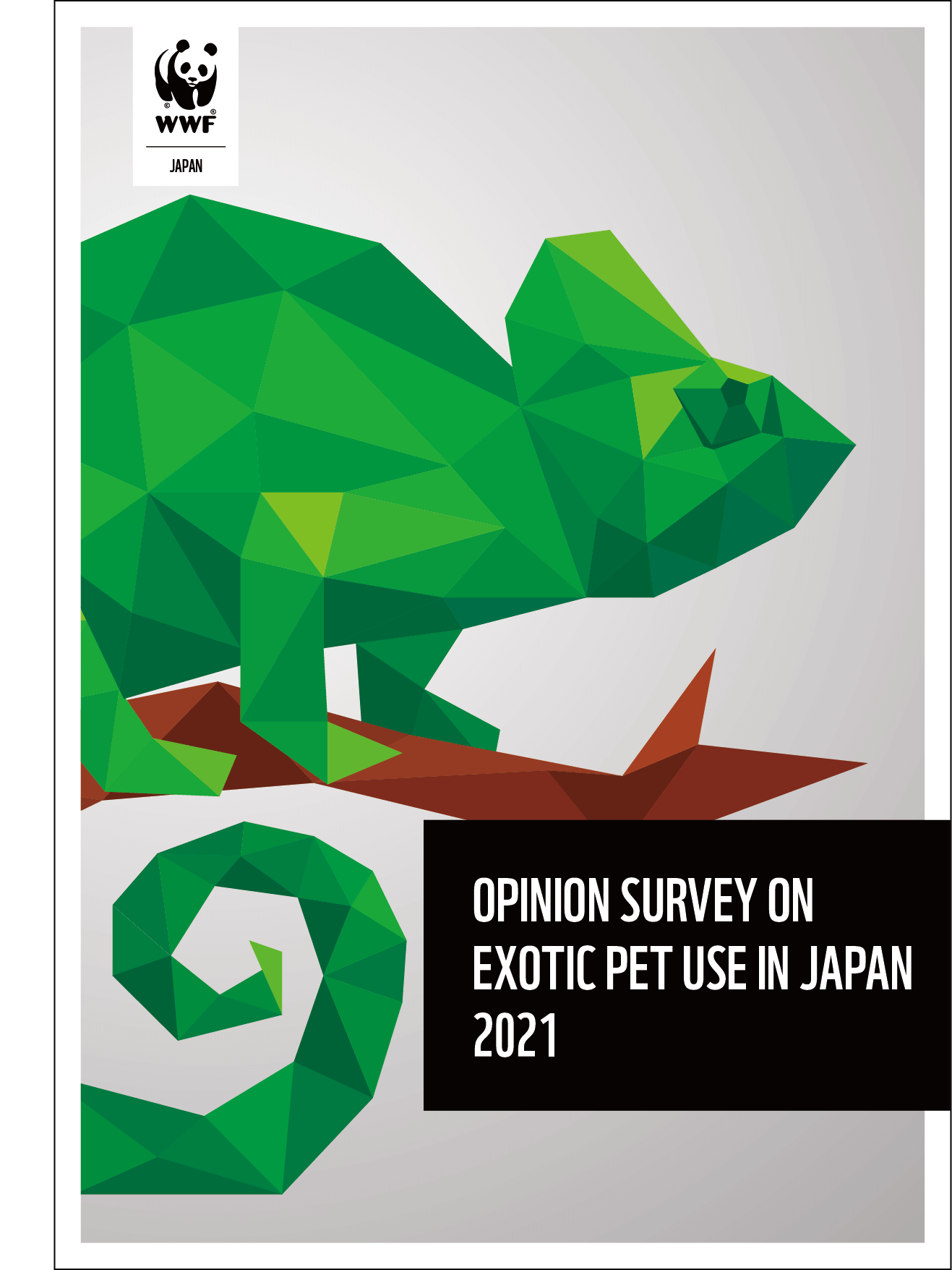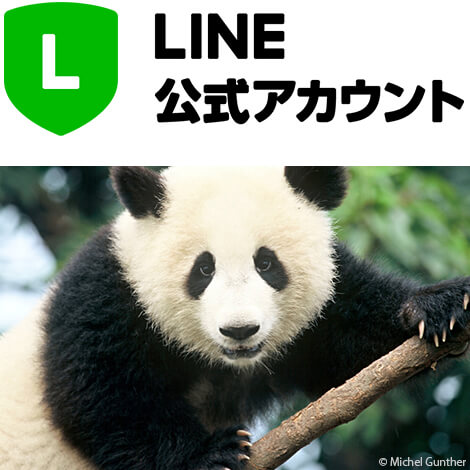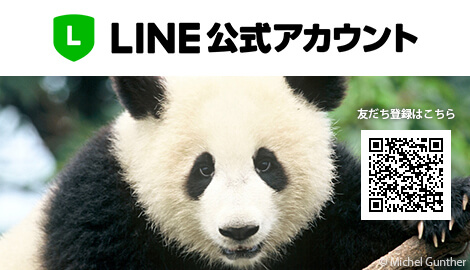Opinion survey reveals Japanese citizens’ attitude toward the booming exotic pet use
2021/03/03
Around 95% of Japanese citizens indicated stronger regulations on exotic pets were needed, while one in every six people (17%), particularly those belonging to younger age groups, are interested in having exotic pets.
Japan is one of the key exotic pet markets in the world. It ranks the second amongst the top importers of live mammals and amphibians that are regulated by the Convention on International Trade in Endangered Species of Wild Fauna and Flora (CITES), following the United States, and the fourth for live reptiles, following Hong Kong SAR, the United States and mainland China1.
In Japan, animals like otters, galago, hedgehogs, owls, and many other rare species of turtles, tortoises, lizards, chameleons, frogs, etc., are traded as private pets or for the purpose of display and petting at commercial facilities like animal cafés. In fact, Japan is known for having the highest number of exotic animal cafés in East and Southeast Asia. The popularity of exotic pets is being amplified through social media and the mass media.
However, it is not well known that such popularity of exotic pet encompasses multifaceted issues, including the risks of infectious diseases, animal welfare, endangered species, illegal trade, and invasive species. WWF Japan, therefore, conducted its first opinion survey of Japanese citizens on the use of exotic pets2 and attitudes toward these issues.

“Opinion Survey on Exotic Pet Use in Japan 2021”
KEY FINDINGS:
- One in every three (33%) indicated interest in touching exotic pets, while one in every six (17%) indicated interest in having them as pets. The interest was higher among younger age groups.
- Around 68% had little or no knowledge of the five issues associated with exotic pets, namely, infectious diseases, animal welfare, endangered species, illegal trade, and invasive species.
- After being informed, 95% responded that they felt the issues were problems. About 60% expressed that the issue of infectious diseases was most important, followed by 18% indicating that endangered species were the most important.
- About 95% responded that stronger regulations were ‘needed’ or ‘somewhat needed’. However, the proportion expressing they were ‘needed’ declined with age.
- After being informed about the issues, respondents interested in petting declined to 25%, while 14% still expressed interest in having exotic pets. The margin of decline in the latter was markedly small.
The survey revealed that although the awareness on the issues of exotic pets is low amongst Japanese citizens, once they are informed, many would perceive these issues as problems. Conversely, potential consumers found particularly in younger age groups had a tendency to not change their interest in having exotic pets by simply being informed.
These results suggest that a set of actions, including policy efforts to realize swift regulatory improvements, raising public awareness to foster the social norms, changing the behavior of potential consumers, as well as improving of businesses is necessary to address the issues associated with keeping exotic pet.
WWF will work together with a wide range of stakeholders to achieve these changes in Japan and other leading markets in the world.
1 CITES Trade Database for the year 2013-2017
2 Exotic pets were defined in the survey as “animals that are not considered as common pets, primarily those having overseas and/or wild origins”.







